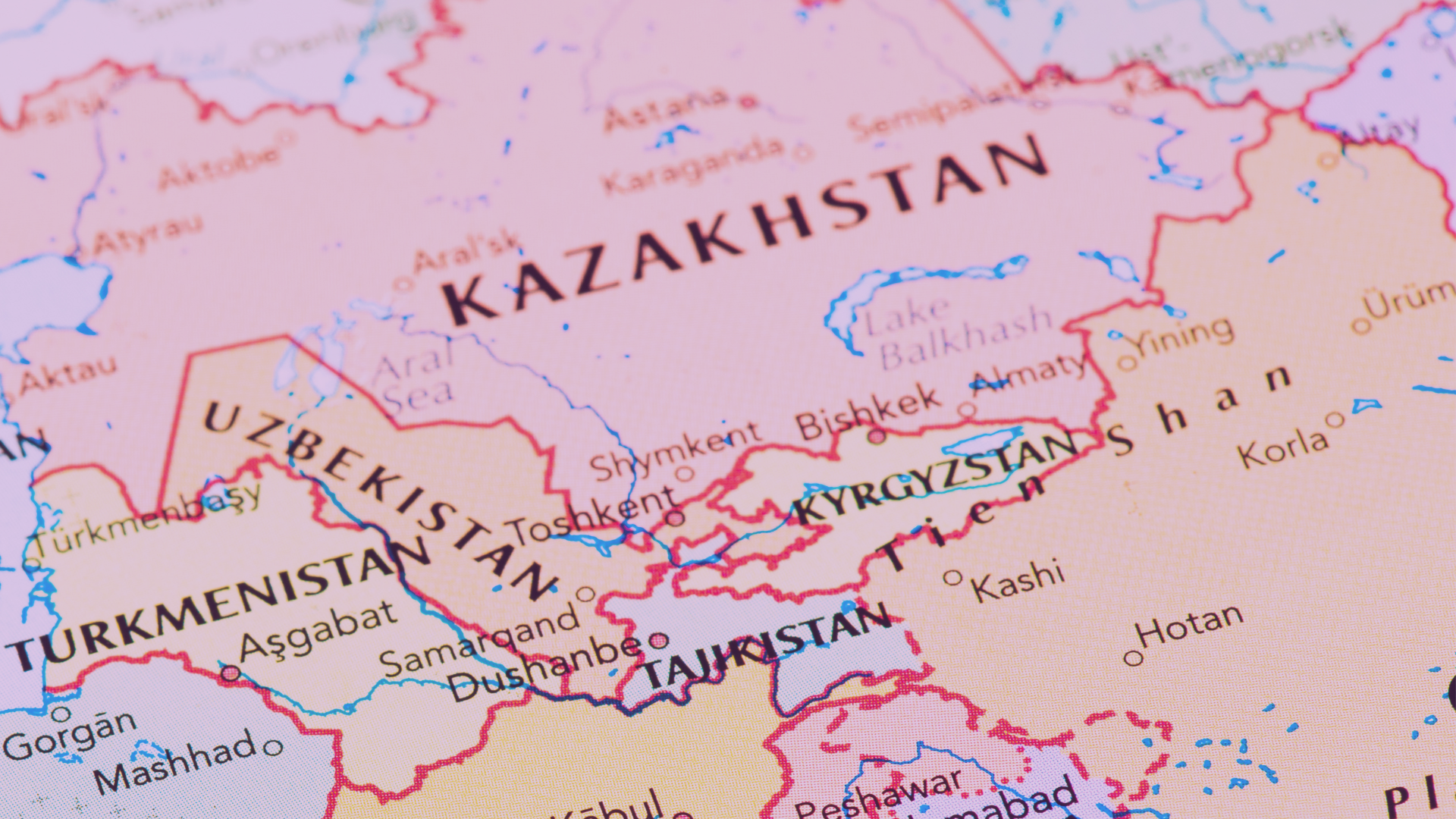A well placed source in the US Government has told the Reuters News Agency that President Trump will be meeting with the leaders of the five central Asian states on 6th November.[1] Is the US serious about being involved in the region, or is it more a political gambit?
The source said that the purpose of his discussions with the leaders of Kazakhstan, Turkmenistan, Kyrgyzstan, Uzbekistan and Tajikistan would be trade and security guarantees. Not surprising, but disappointingly, Trump, like previous Western leaders approaching this region, appears to have failed to include the third pillar of values: democracy and human rights.
There are few regions of the world more in need of trade and customs reform than Central Asia. Bureaucracy, corruption and officialdom do more than anything else to stymie the economic development of these countries. Whilst Kazakhstan, in particular, has developed strong relations on the basis of its extractive industries and has attracted Western investment and partnerships, regional trade is beset with difficulties. For instance, many agricultural products cannot effectively reach their market before they rot as they are held up by domestic corruption, customs delays, and logistical hardship.
President Trump is not, of course, particularly interested in Uzbek cherries. But he is concerned about the investment that American firms have made in the region’s oil and gas industries, as well as sales of high-value goods such as commercial aircraft. He also appears to believe that there are untapped rare earth resources in the region – not an unreasonable assumption. Unlocking access to these would give him more of a hand to play in negotiations with China, the world’s prime producer and refiner of such products. So whilst his trade dealings with President Xi appear to be making progress, having some form of back-up plan seems wise.
Pretty obviously, any mention of the Central Asian states also raises hackles with President Vladimir Putin. Still viewed as Russia’s zone of influence by the Kremlin, all previous attempts at a customs union or other forms of export liberalisation have been ended either by, or at the behest of, the Russian leader. Even the region’s most powerful figure, former President Nazarbayev of Kazakhstan, found his efforts in this area kiboshed.
If the USA can get a meaningful trade deal with China over the line – and the mood music (but it is no more than that) at this time seems promising – then that is the greatest prize. But opening a dialogue with the Central Asian leaders gives Trump leverage with China and signals his annoyance with the failure of President Putin to make meaningful steps toward peace in Ukraine.
Alex Folkes is an international election observer and analyst. He has worked for a range of election observation bodies including OSCE/ODIHR, the EU, IRI and the Carter Center across the former Soviet states and South Asia. In addition he has worked on projects concerned with the influence of online campaigning and social media in elections. Previously, Alex worked for the Electoral Reform Society where he led projects on electoral fraud and has led capacity building projects with political parties in developing democracies.
Disclaimer: The views expressed in this piece are those of the individual author and do not reflect the views of The Foreign Policy Centre.
[1] Reuters, Trump to meet with Central Asian leaders next week, source says, October 2025, https://www.reuters.com/world/asia-pacific/trump-uzbekistans-president-meet-next-week-us-official-says-2025-10-28/

